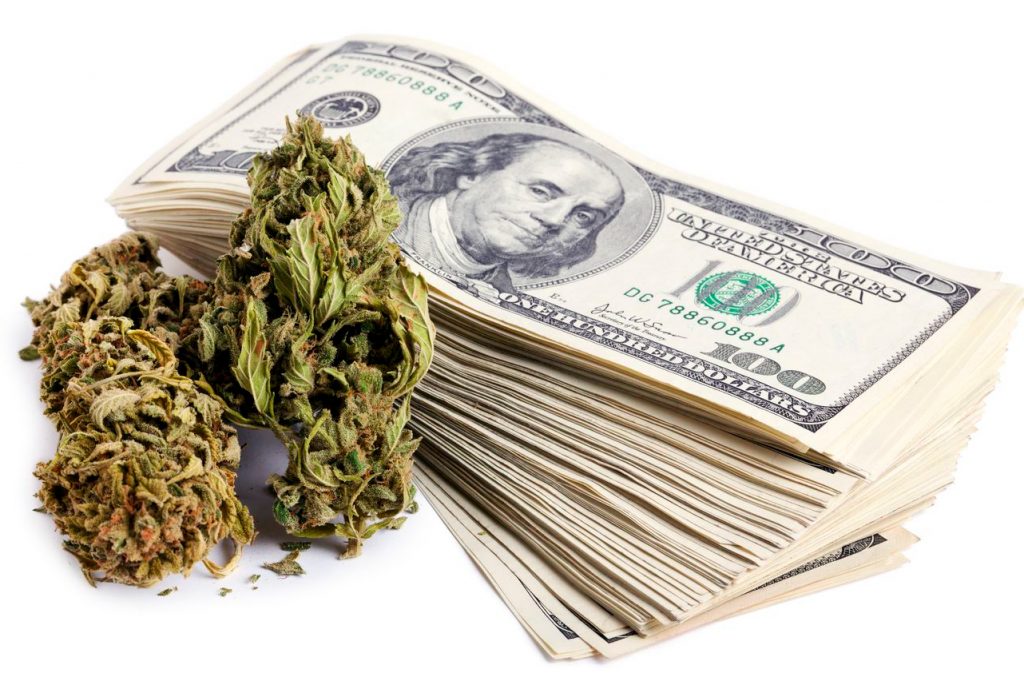I’m a numbers guy. Numbers should help inform our choices about legalizing and regulating recreational and medical cannabis. Unemployment numbers are still high as many businesses continue to struggle due to the effects of the COVID-19 pandemic. However, one of the truly bright spots over the past year has been cannabis.
There are now more cannabis workers in the U.S. than there are electrical engineers or paramedics or dentists. About half as many people work in the legal marijuana business as work for the U.S. Postal Service, and it’s only going to be more as the sales of cannabis products continue to grow.
According to the 2021 Leafly Jobs Report, legal cannabis now boasts 321,000 full-time jobs, from budtenders to bean counters. This new report from the industry analyst company Leafly and Whitney Economics shows the legal marijuana industry in the U.S. added 77,000 new jobs in 2020, a 32% increase over the previous year at a time when the broader economy shrank by 3.5%. Plus, it’s not just in states where you’d expect it, like California, Oregon, Colorado, and similar 420-friendly environments. Oklahoma, hardly a hotbed for liberal thought, has the fastest-growing marijuana cultivation market in the U.S., issuing more commercial growing licenses than any other state. That means more jobs and more fuel for the economic market as a whole. Remember, all of those budtenders need homes to live in, and dispensaries need retail space to rent.
Sales of legal marijuana products boomed to $18.3 billion in 2020, a 71% increase over the previous year. The average consumer spent 33% more on marijuana products per sale, including yours truly. By most estimates, cannabis sales are expected to grow to $30 billion, by the end of 2025.
Interestingly, but unsurprisingly, due to the federal prohibition of marijuana, the U.S. Department of Labor does not count state-legal marijuana jobs. The jobs numbers recited above expose a hard truth for cannabis deniers and prohibitionists: Cannabis is a massively successful product and our way out of an economic depression.
The federal government cannot ignore this medical and economic lifeline during a global pandemic that has decimated health, safety, and employment. In a year that was an economic nightmare for many, the cannabis industry not only doubled its amount of employees but also more than doubled its economic impact.
In a special, upcoming NewsMunchies series I will explore this topic of economics and cannabis through the lens of Colorado’s best budtenders, dispensary operators, and retail shop owners. We can learn a lot from their experiences and pioneering pursuits of a legal and safe cannabis market.
